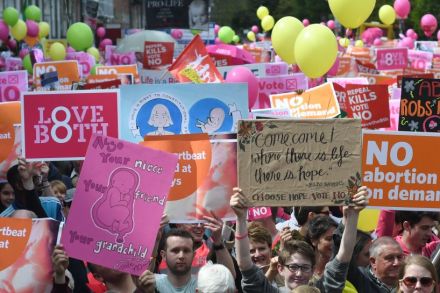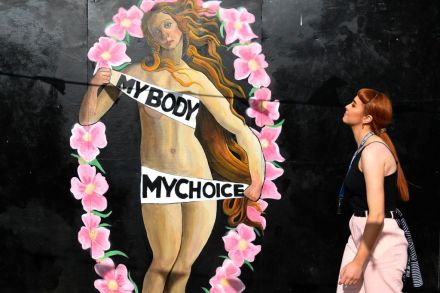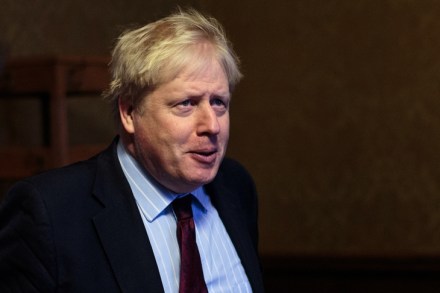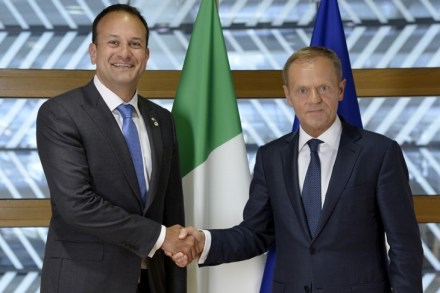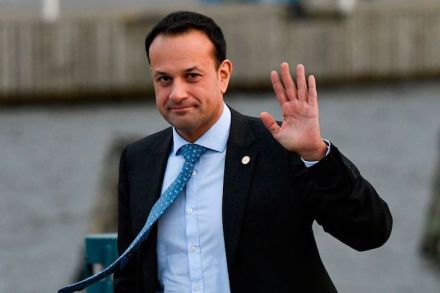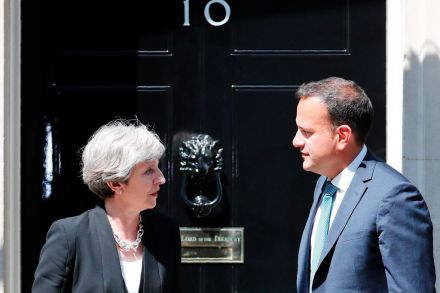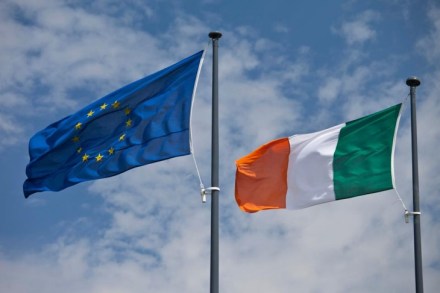The abortion referendum is Ireland’s Brexit moment
Is the abortion referendum going to be Ireland’s Brexit moment? Despite the financial crisis, a clerical scandal and a vote on gay marriage, the country had managed to steer itself relatively harmoniously along. Yet just as the EU referendum brought to the surface deep tensions across Britain, this week’s vote is in danger of doing the same to Ireland. From the outside, a decisive vote in favour of repealing the clause in Ireland’s constitution that gives the unborn equal rights with the already born might have been just another chapter in Ireland’s journey towards European secular modernity. But a fiercely-fought referendum battle has instead weaponised every single divide that was lurking
